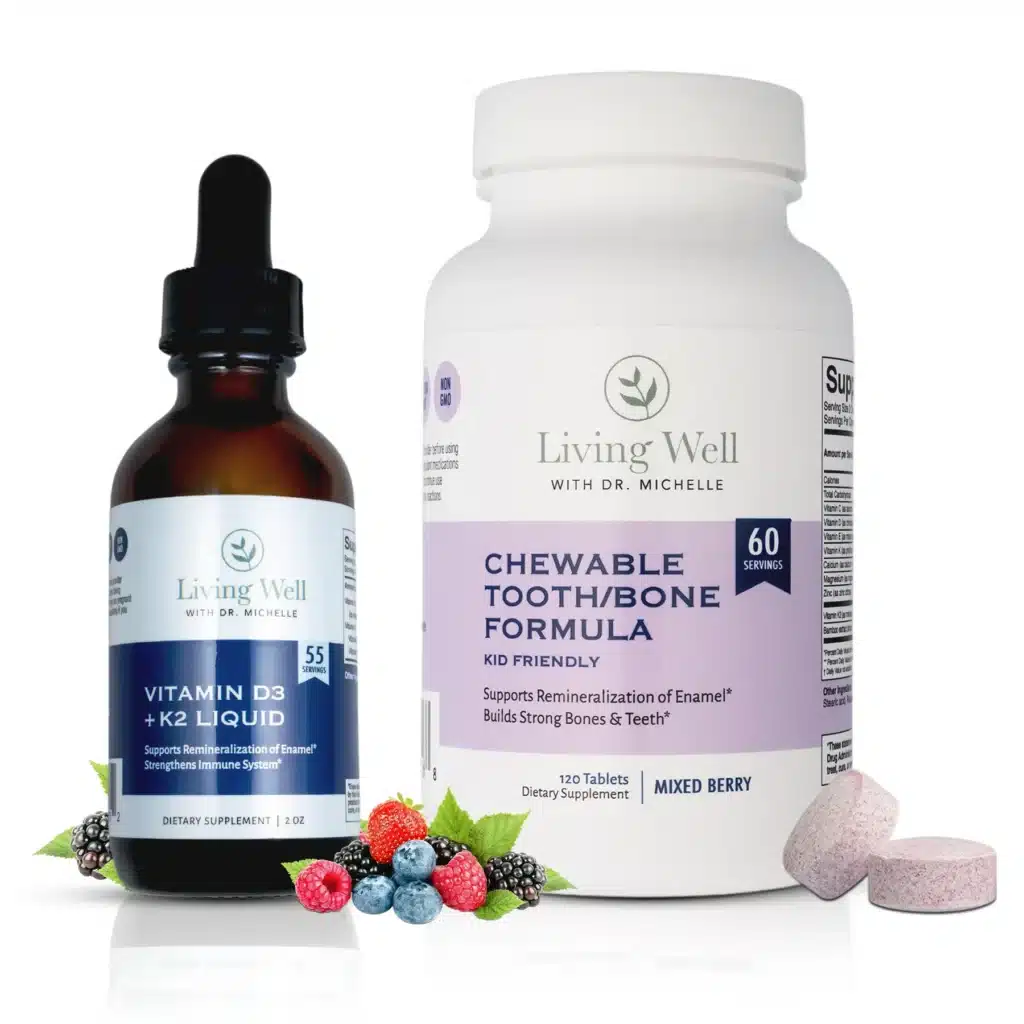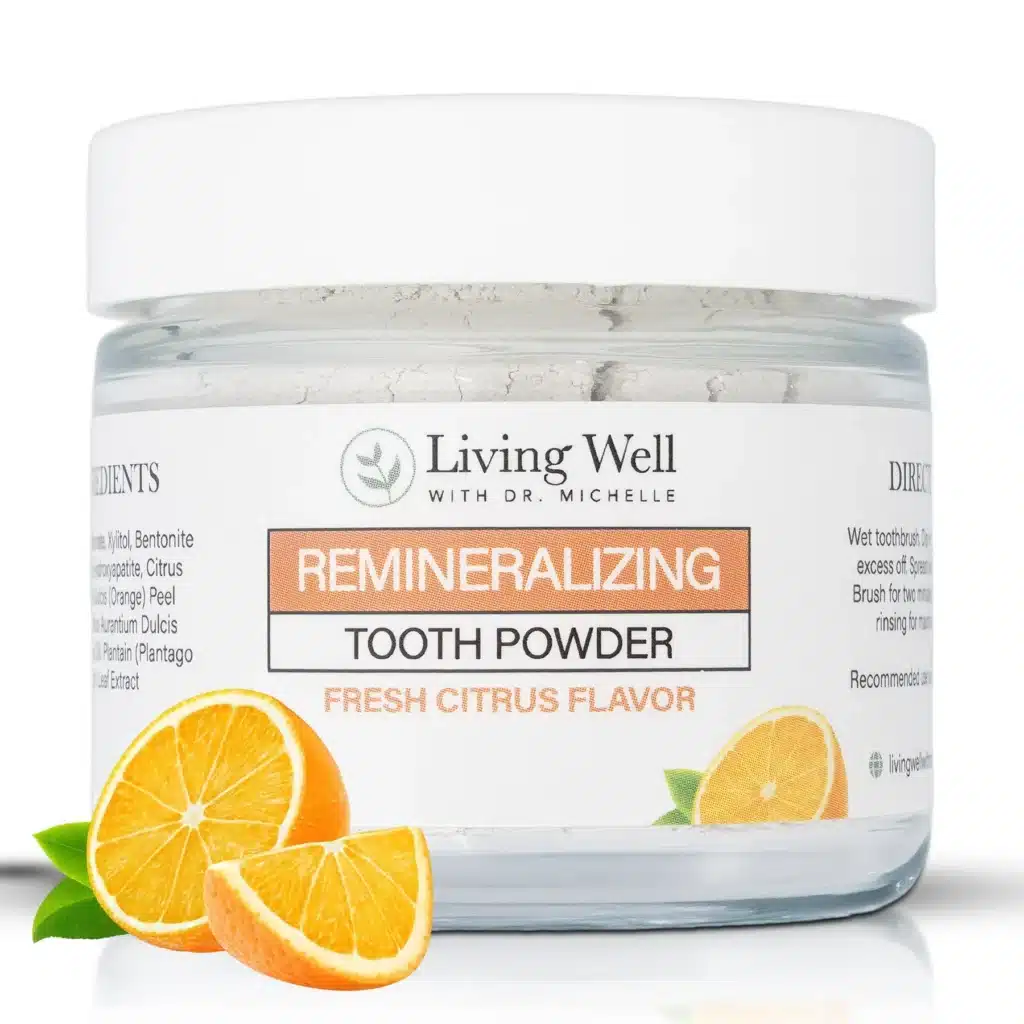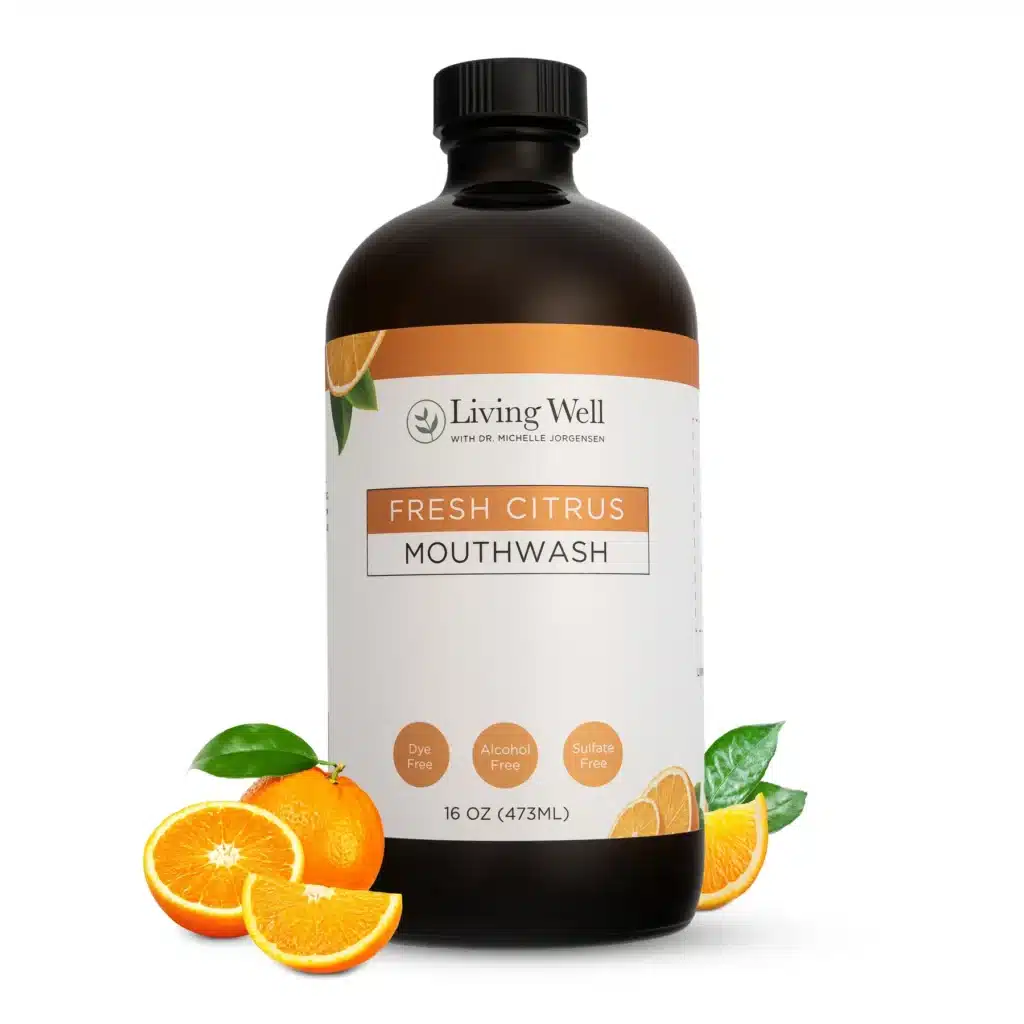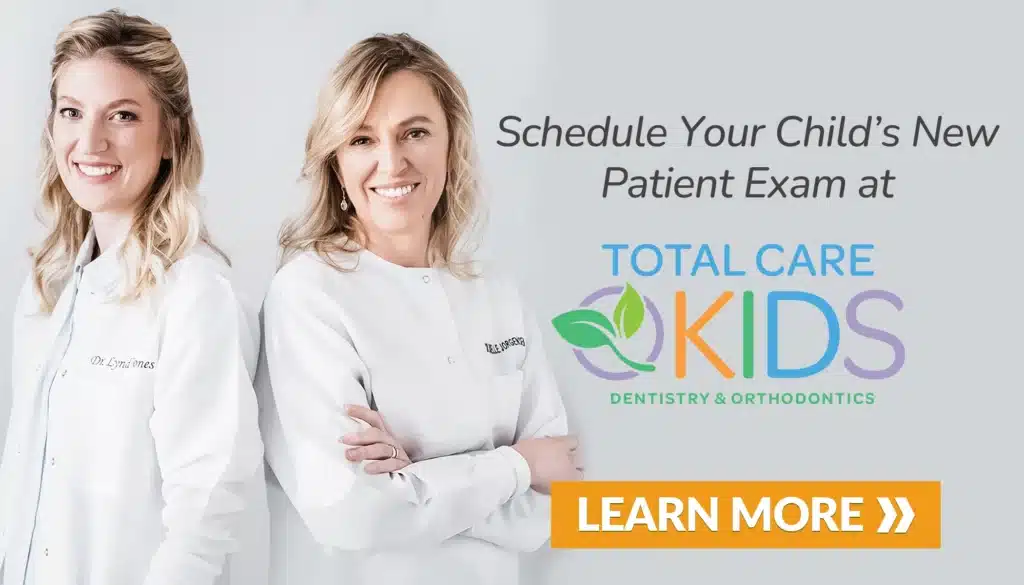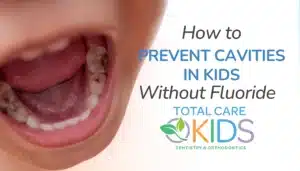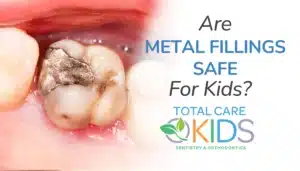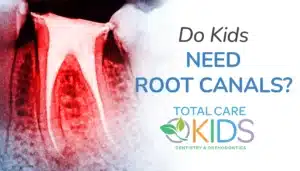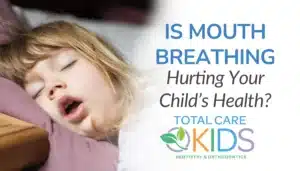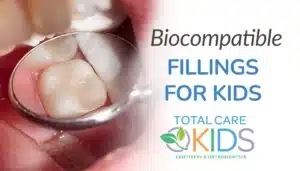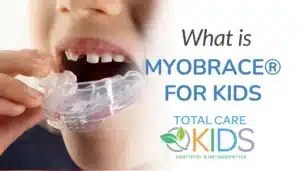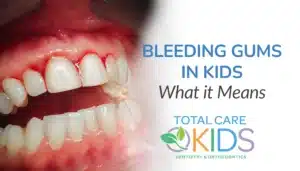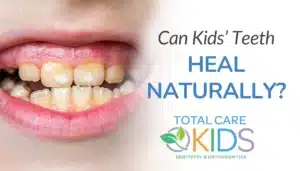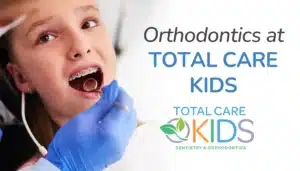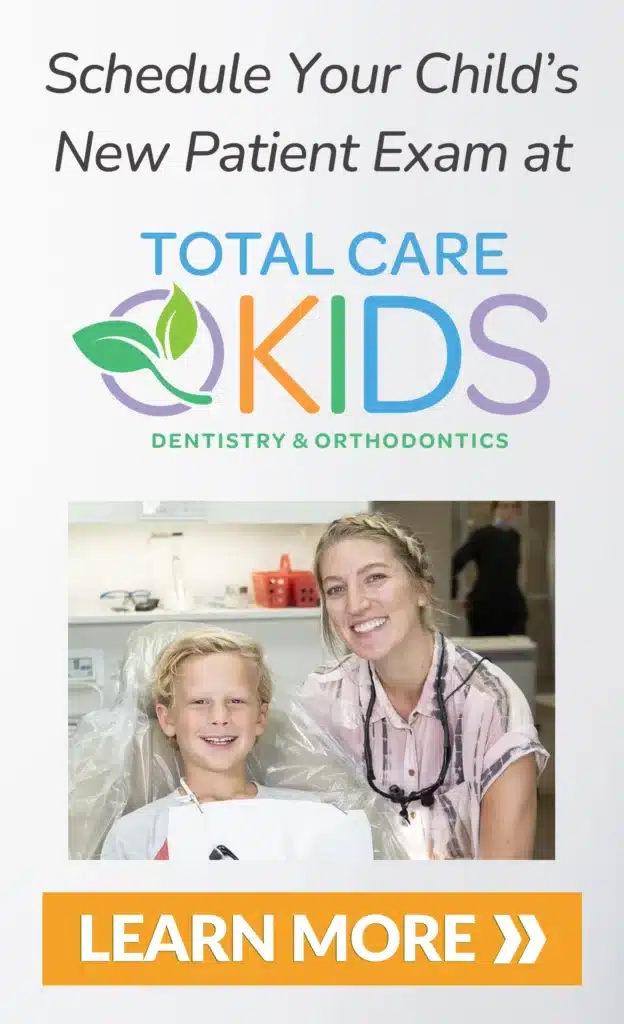chapter
10
Can Kids’ Teeth Heal Naturally?
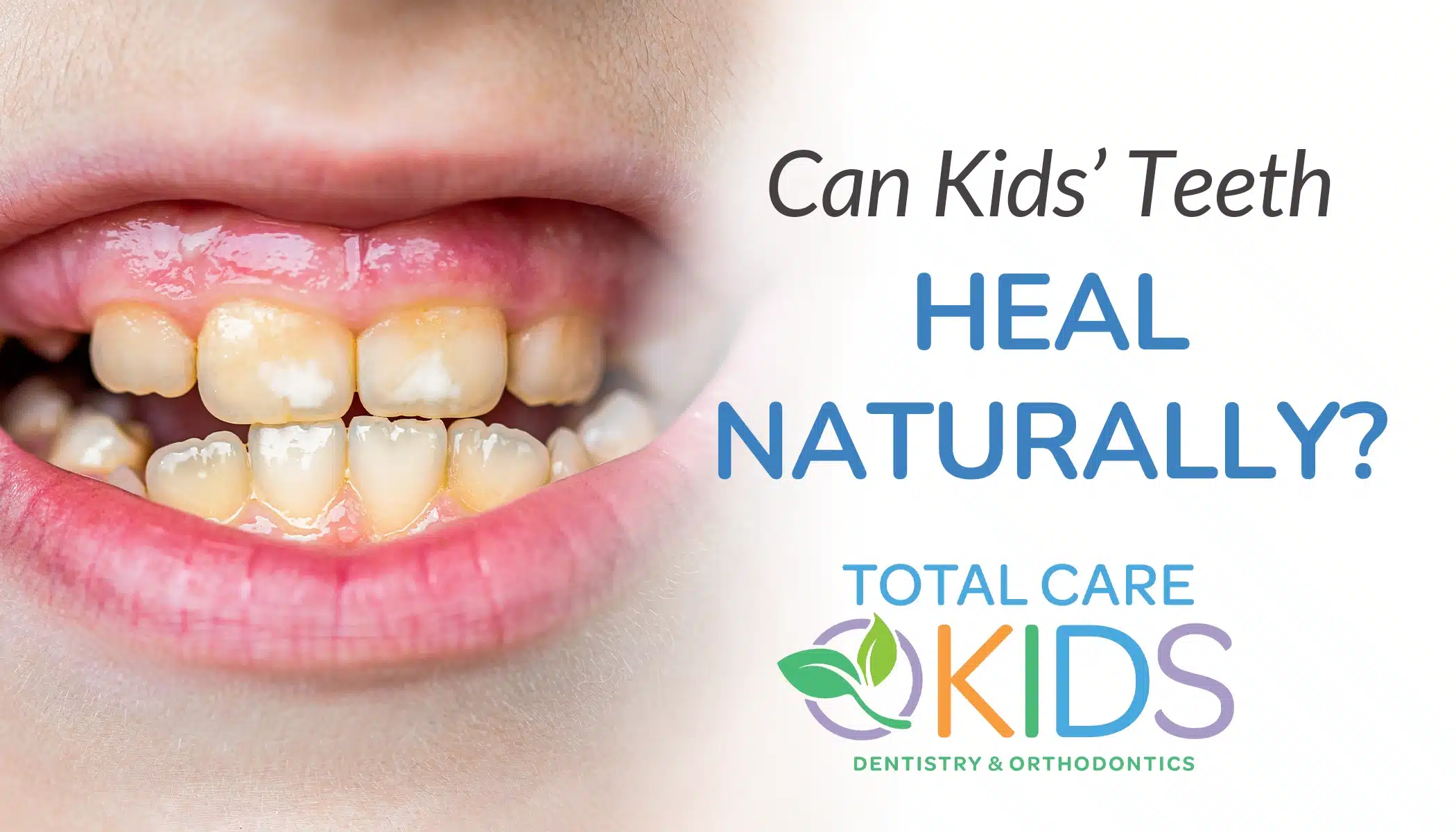
How Remineralization Helps Prevent Cavities Without Fillings
As a parent, it can feel overwhelming to hear that your child has a cavity—especially if they eat well, brush daily, and rarely complain of tooth pain. But here’s some good news:
Not all signs of tooth decay mean your child needs a filling right away. In many cases, early-stage enamel damage may be supported naturally through a process called remineralization.
Let’s explore what this means, how it works, and how you can support your child’s natural dental health—before a drill is ever needed.
🦷 What Is Remineralization?
Remineralization is your child’s body’s way of repairing tiny areas of damage to the tooth’s surface (called enamel). This can happen when essential minerals—like calcium, phosphate, and magnesium—are delivered to the enamel via saliva.
This process is most effective in the earliest stage of tooth decay, before a cavity has broken through the enamel. At this point, the enamel is simply weakened—not yet permanently damaged.
When caught early, remineralization can:
- Slow or stop cavity progression
- Strengthen enamel
- Reduce sensitivity
- Help avoid the need for drilling or fillings
🔍 Note: This is not a substitute for dental care. Early detection and guidance from your child’s dentist is key!
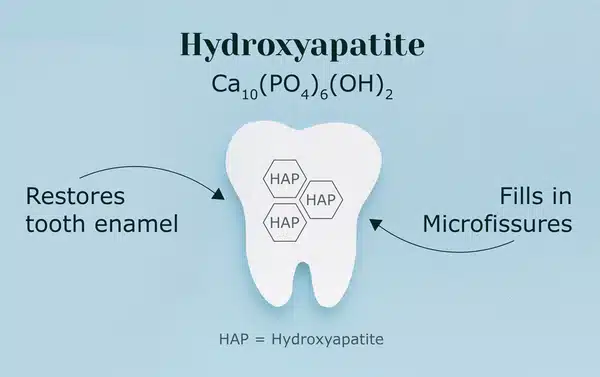
🚫 Can Cavities Really “Heal” Naturally?
Technically, a fully formed cavity doesn’t regenerate. Once decay reaches the dentin (the softer inner part of the tooth), a filling is usually required.
However, enamel weakening can be reversed—especially in the “white spot” phase that shows up as chalky or dull areas on your child’s teeth.
With the right support, including:
● Nutrient-rich diet
● Good oral hygiene
● Limiting sugar and acidic foods
● Targeted remineralizing products
…the enamel can re-harden and stop decay in its tracks.
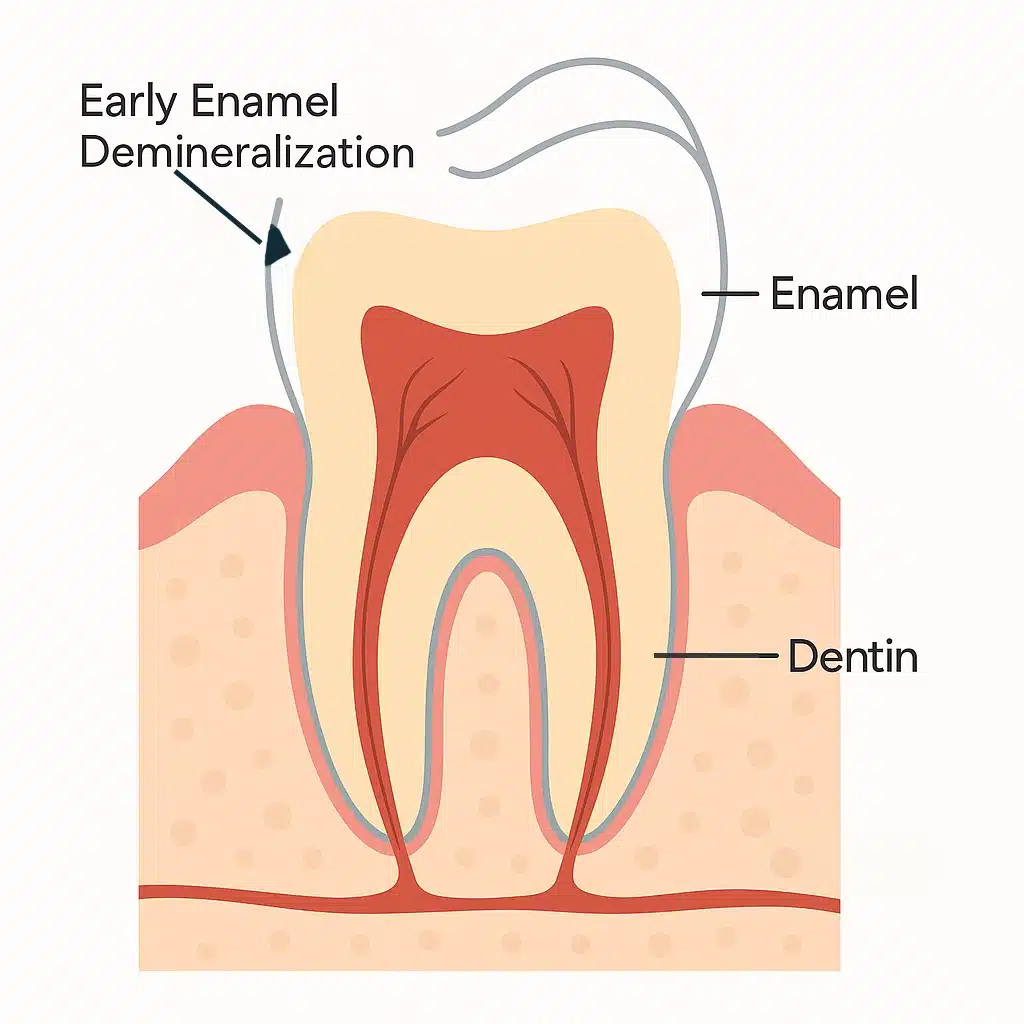
🛡️ What Causes Enamel to Weaken in the First Place?
Several factors contribute to enamel demineralization:
- Sugary or acidic snacks and drinks (including juice and sticky granola bars)
- Infrequent brushing or flossing
- Mouth breathing (which dries out the mouth)
- Lack of minerals in the diet (especially calcium, phosphorus, and vitamin D)
- Early exposure to antibiotics or chronic gut imbalance
The good news? Every one of these can be addressed naturally.
How to Support Natural Remineralization at Home
Here are simple ways to encourage your child’s teeth to strengthen naturally:
1. Optimize Nutrition
A mineral-rich diet supports saliva’s natural ability to protect enamel. Include:
- Leafy greens
- Grass-fed dairy or dairy alternatives fortified with calcium
- Bone broth
- Pastured meats
- Nuts, seeds, and trace mineral drops
- Supplementation with vitamins minerals, Vitamin D3, K2, and magnesium
✅ Try this: Dr. Michelle’s Remineralization Chewable Tooth and Bone Formula and Liquid Vitamin D3/K2 for Kids — gentle, kid friendly supplements designed for developing teeth and bones.
2. Switch to Remineralizing Toothpaste or Tooth Powder(Fluoride-Free)
While fluoride is commonly used in traditional dentistry, we recommend fluoride-free alternatives.
Look for formulas with:
- Hydroxyapatite (a natural enamel-building mineral)
- Xylitol (reduces cavity-causing bacteria)
✅ Our Pick: Living Well by Dr. Michelle™ Remineralizing Kids Tooth Powder
Made with remineralizing hydroxyapatite, safe to swallow, and fluoride-free.
3. Try Remineralizing Mouthwash
For an extra layer of protection, use a daily mouth rinse.
✅ Remineralizing Mouthwash for Kids – alcohol-free, pH-balancing, and mild-tasting
4. Watch Sugar, Snacks & Acids
Limit:
- Fruit juice, soda, and gummy vitamins
- Frequent snacking
- Citrus-heavy fruits and dried fruit
- Sticky carbs like crackers, pretzels, and processed cereals
Encourage rinsing the mouth with water after meals or chewing xylitol gum (for kids over age 5) to stimulate saliva.
5. Address Mouth Breathing & Oral Habits
Mouth breathing can dry out saliva and increase decay risk. Talk to a pediatric dentist about airway support or myofunctional therapy if your child snores, breathes through the mouth, or has speech issues.
👩⚕️ When to See a Dentist
Even if you’re pursuing a natural approach, early and regular dental visits are essential. A trained holistic or pediatric dentist can:
- Identify early signs of decay
- Recommend non-invasive monitoring or treatments
- Support your family’s fluoride-free goals
- Use ozone, remineralizing gels, or sealants when needed
At Total Care Kids and Ortho, we offer compassionate, drill-free options whenever possible—and educate parents on how to support whole-body dental health.
💬 The Bottom Line
Yes—some early tooth damage can be stopped or even reversed before it becomes a full-blown cavity. But it requires early action, supportive care, and daily commitment.
By prioritizing nutrient-dense food, mineral support, and biocompatible dental care, you can help your child develop strong teeth that may never need fillings.

